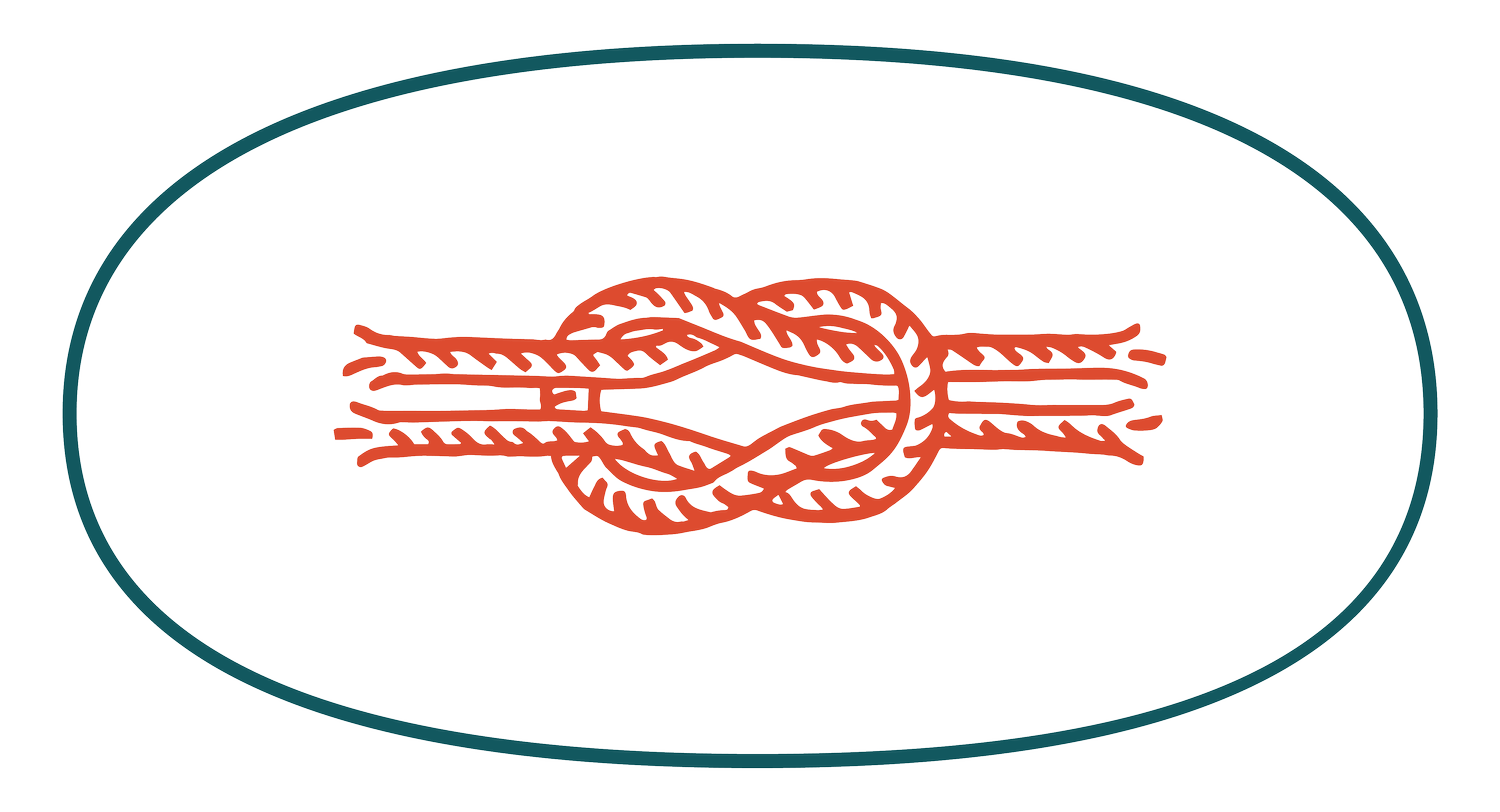What Is Going On in Guatemala?
A protestor in Huehuetenango earlier this month holds up a sign reading: “The duty of the youth is to challenge corruption - Out with corrupt officials!” (photos by Angelo Rustrian)
What is happening in Guatemala right now?
Short answer: Government corruption and meddling in the presidential election threatens Guatemala’s democracy, and as you can imagine, people are UPSET. And rightfully so.
Now, onto the longer answer.
At the end of August, an unexpected victor named Bernardo Arévalo from a new political party called “Movimiento Semilla” (Seed Movement) was elected the next president of Guatemala, receiving 60% of the vote, and dominating candidate Sandra Torres who received around 30% of the vote.
It wasn’t long before things started to get out of hand.
The problem began when Maria Consuelo Porras, the current Attorney General of Guatemala, ordered officials to forcefully confiscate official voting tallies so that a “fraud investigation” could take place.
This also came shortly after Arévalo, who wasn’t expected to make it to the second round of voting, was almost disqualified because Porras determined that his party was not correctly registered for the elections (something which didn’t seem to matter in the first round of voting).
To the people of Guatemala, the standing government officials have made their position clear: they do not want Bernardo Arévalo—who campaigned strongly against corruption—to take office in January.
Attorney General Maria Consuelo Porras was in office in January of 2019 when then president Jimmy Morales and his government expelled the U.N.-backed commision investigating corruption in Guatemala. In September of 2021, she was added to the U.S. State Department's list of corrupt officials.
Since October 2nd, thousands of Guatemalans have taken to the streets and protested the anti-democratic actions of Porras, demanding that she resign. They have also demanded the resignations of Public Ministry prosecutors Rafael Curruchiche (also on the State Dept. list of corrupt officials) and Cinthia Monterroso, and judge Fredy Orellana (another corrupt official who made the list).
These protests around the country have been accompanied by blockades and business closures aimed at increasing public discontent and putting more pressure on president Giammattei, who cannot fire Porras himself, to demand that she resign.
People from all over the country are standing up to demand that democracy be upheld in Guatemala, including many indigenous Maya leaders from around the country, including the 48 cantones of Totonicapán, an autonomous group of indigenous government leaders from the Western highlands of Guatemala.
Protestors in Huehuetenango’s central park - and the location of local government offices.
Many protestors are indigenous Maya - a population that historically has faced unfair treatment, abuse, and even violence at the hands of the state, most notably during Guatemala’s civil war which resulted in about 200,000 deaths or “disappearances” at the hands of the government over several decades before it ended in 1996.
Over 80% of the victims of this state-sanctioned genocide were indigenous.
Today marks the 15th day of the protests, and in his most recent news conference, president Giammattei refused to demand the resignation of Porras, instead focusing on his inability to fire her and asking protesters to ease up on their blockades as it could affect those in hospitals.
The people of Guatemala remain incredibly angry at the Giammattei’s unwillingness to condemn these officials, and are still waiting for their resignations as well as a guarantee that Arévalo will be able to take his rightful place in office as president of Guatemala on January 14th of next year.
While Giammattei has tried to place blame on protestors for things like controlling the water supply, preventing supplies from reaching hospitals, and instigating violence, the people of Guatemala do not believe his claims, calling them false or placing the blame on his administration, claiming he has hired infiltrators to create chaos and so justify the use of military and police force to stop protests.
In Huehuetenango, blockades and closures have prevented people from using roadways, going in and out of the city, or even buying supplies. While currently things have eased up, people are still feeling the huge strain from having been essentially under lockdown for almost two weeks.
During the harshest blockades, people waited hours in line for rationed gasoline, and stores sold out of electric countertop burners and wood burning ovens for those who couldn’t get propane for their kitchens (the primary fuel for cooking in Guatemala).
Supplies are still scarce and more expensive, especially gasoline and propane.
Even food and water have been harder to get and found at elevated prices - something the poorest of the poor cannot afford.
There is much unknown about this situation. While there is hope that things might return to normalcy soon, there is also apathy, frustration, and fear that things may get worse for Guatemala, not better. Things have been changing day by day and sometimes hour by hour.
Our team has not been at our offices for about a week and a half, though they are hopeful to return soon. With so many vulnerable and struggling families depending on Story’s social workers and psychologists for resources, educational services, and psychological support, there is much work to be done in the coming weeks and months.
Please pray for peace.
Pray for justice.
Pray for daily bread for those left even hungrier than before by blockades, price hikes, and lost work.
And please pray that the Church can be salt and light in these trying times, sharing the hope they have in Christ with the people of Guatemala who are feeling the pains of living in a broken, sinful world.
Come quickly, Lord Jesus.



